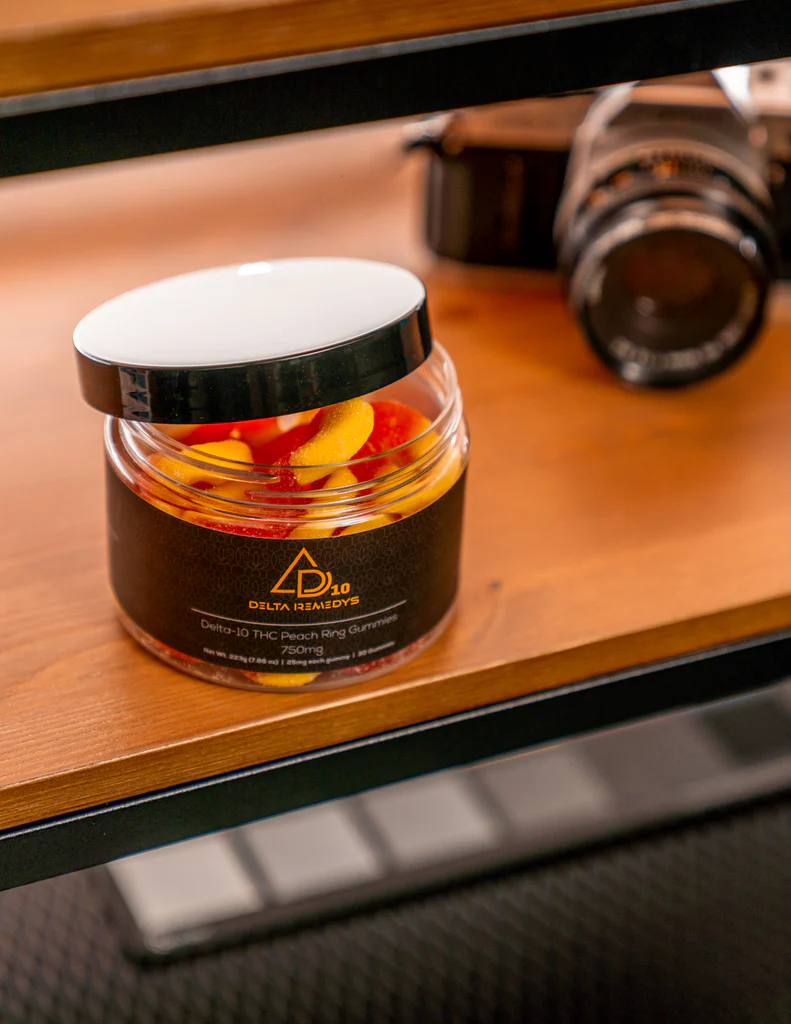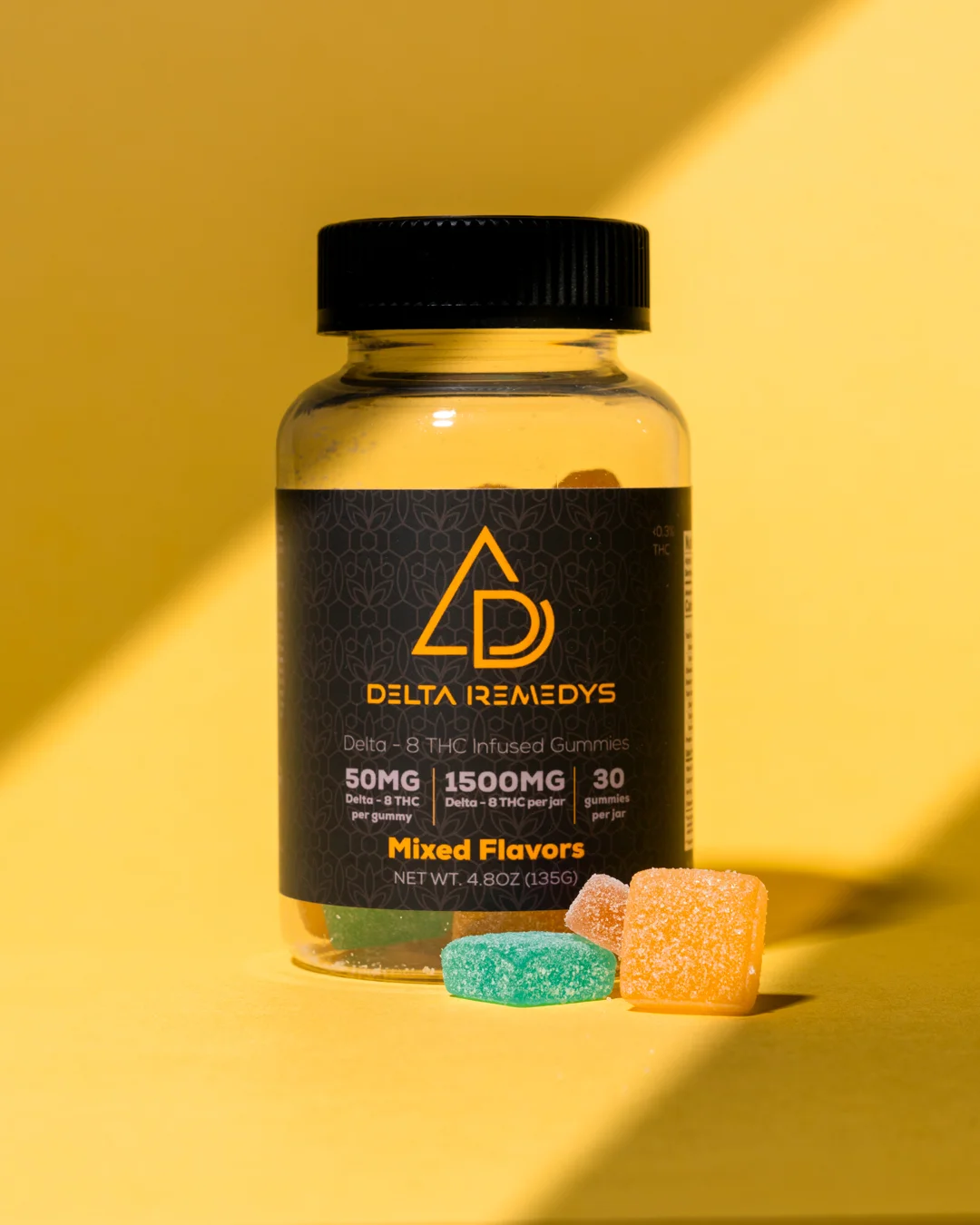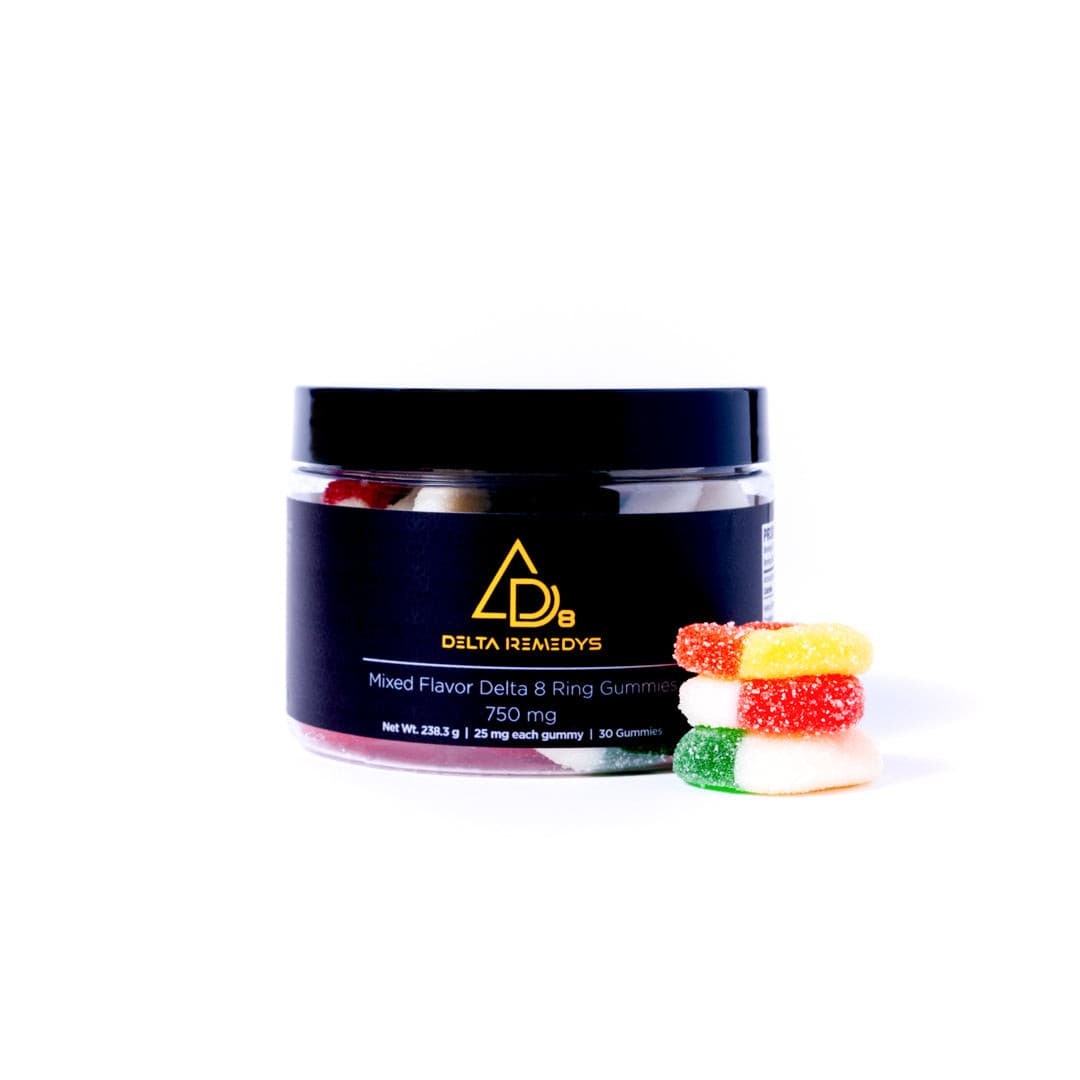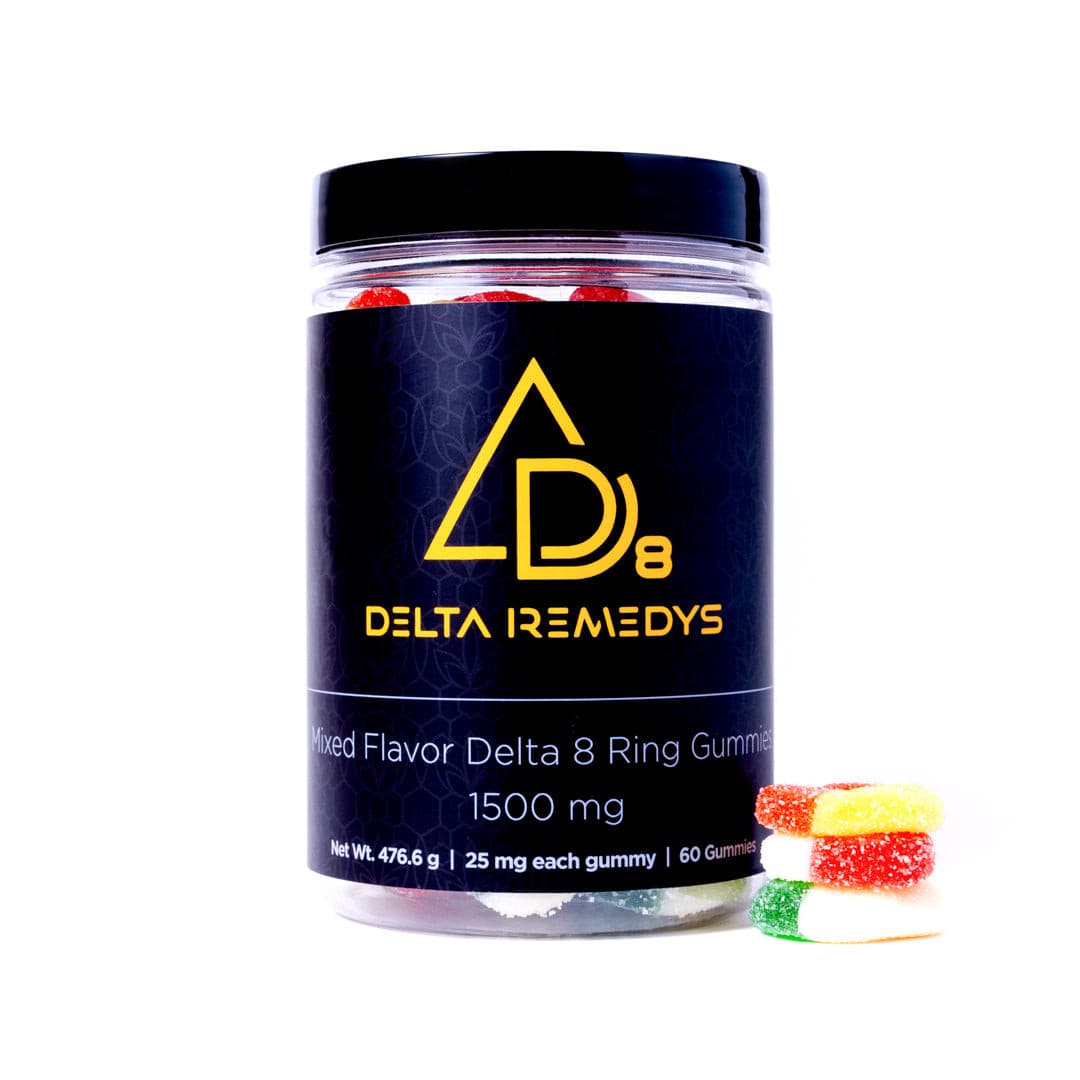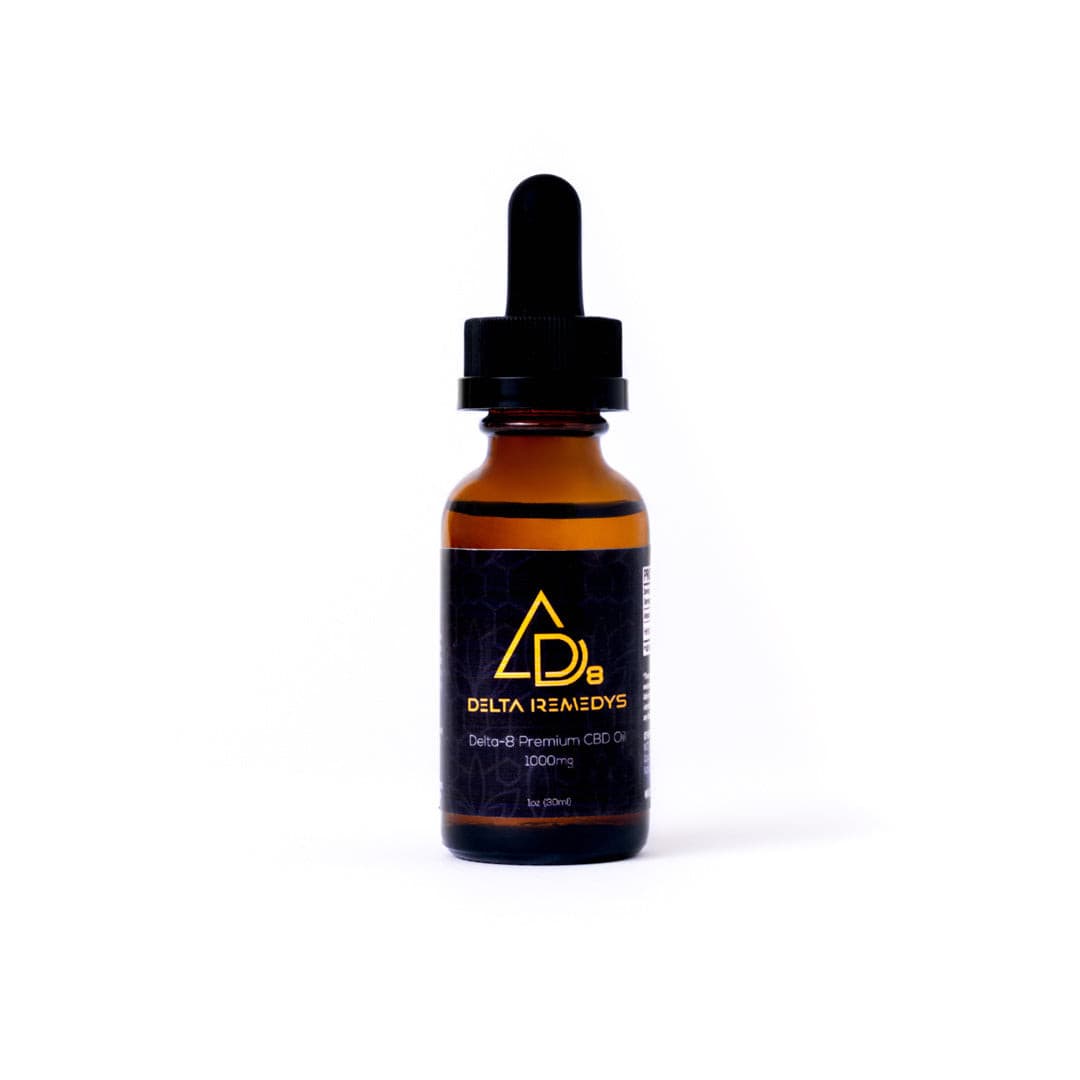Cannabinoids derived from hemp are widely accessible to hemp enthusiasts these days. While more seasoned users may have certain preferences, beginners may not know where to start in this saturated world.
Within the dynamic and ever-changing realm of cannabis, there’s a serious conflict taking place in the HHC vs. Delta-8 THC arena. With their unique properties and effects, Delta-8 THC and hexahydrocannabinol (HHC) are causing quite a stir in the cannabis world.
Although they might initially seem similar, closer examination reveals significant variations in their chemical composition, effects, potency, and accessibility.
If you are on the same board and are trying to understand the differences between the two, stay with us!
This post provides insights into the differences between HHC and Delta-8 THC, acting as your guide through this fascinating conflict.
Let’s begin with the basics!
HHC: What is it?
You might be familiar with THC in different forms, but you might not know about HHC. It is one of the most recent additions to the cannabis world.
Often referred to as hexahydrocannabinol, this hemp-derived substance has become well-known for its distinct calming yet focused effects. Scientists have been aware of it for decades, although it has only lately gained attention and appeared in shops selling hemp.
The original discovery of HHC was made in 1944 by Roger Adams. He was a chemist from America. Adams experimented with THC by adding hydrogen molecules to it through hydrogenation. It is a common process for turning vegetable oil into margarine and other foods.
The double bond in Delta-9 THC is broken, and two hydrogen atoms are added during the hydrogenation process. It significantly alters the molecular weight of HHC and boosts its stability.
Manufacturing of HHC
Although they are in very small quantities, hemp plants naturally contain HHC molecules. Therefore, the compound is frequently manufactured through a conversion procedure to have enough HHC to produce HHC products.
Although HHC has been around since the 1940s, its creation has changed in the modern world. These days, producers usually use natural CBD to create HHC as it’s a more advantageous legal way. Although the precise procedure may differ across brands, it usually entails removing CBD from hemp plants and distilling it to produce an isolate.
After that, the isolate undergoes an isomerization process that turns CBD into Delta-9 THC. Ultimately, the Delta-9 THC is converted to HHC via hydrogenation.
Remember that one of the cannabinoids that can be produced in several ways is HHC. But it depends on its legal status and the resources available.
=== split content ===
Delta-8 THC – What is it?
Now that we are familiar with HHC, let’s move on to discuss Delta-8 THC!
As an isomer of the main psychoactive cannabinoid, Delta-9 THC, Delta-8 has a slightly different chemical structure but otherwise is comparable. The location of the carbon double bond is where the main distinction is found: Delta-9 THC has it on the ninth chain, whereas Delta-8 THC has it on the eighth.
The unique effects of Delta-8 THC are due to this minute structural difference. Though it is thought to be less psychotropic than Delta-9 THC, it nevertheless has a strong sedative and euphoric effect.
Similar to HHC, Delta-8 is only found in extremely small amounts in raw cannabis plants; for this reason, the majority of Delta-8 products are produced via chemical conversion.
Hydrochloric acid, sodium hydroxide, or glacial acetic acid are used in the structural isomerization of CBD or THC to produce Delta-8, as opposed to the hydrogenation method used to produce HHC. The molecule is effectively changed into Delta-8 THC by this conversion mechanism.
Particularly in states where marijuana usage for recreational purposes is still prohibited, Delta-8 has become well-known as an alternate method of getting the benefits due to its innovative methodology.
Manufacturing of Delta-8 THC
Delta-8 THC is a naturally occurring hemp cannabinoid, just like HHC. It is produced by the plant, albeit on small levels. In other words, Delta-8 is usually produced by “isomerization,” which transforms CBD into Delta-8 THC.
This can be accomplished in a few different ways. The most popular technique entails subjecting CBD to an acid catalyst, which enables it to change into Delta-8 THC via the rearrangement of its molecules.
CBD is extracted and then dissolved in a solvent in a second procedure. An organic solvent that is non-polar, such as heptane, is the recommended solvent. The mixture is subsequently mixed with an acid to get the desired outcome, which neutralizes and cleanses.
A purity and safety test is conducted on the last batch of Delta-8 THC before it is utilized to create other variants.
HHC vs Delta-8 THC – Major Differences
1. Psychological Effects
HHC and Delta-8’s psychedelic effects provide another study in contrast. Consumers frequently claim that HHC produces a more potent high, occasionally even matching that of Delta-9 THC. This potency is probably caused by HHC’s effective binding to CB1 receptors, which resembles THC’s effects but in a different way.
On the other hand, Delta-8 THC is praised for having less potent psychedelic effects. People looking for the pleasurable and medicinal effects of THC without the sometimes-overpowering high frequently choose it. Its double bond’s new location causes a weaker interaction with the ECS, which opens the door to a more muted but still discernible impact.
2. Chemical Composition
The primary difference between Delta-8 and HHC is their molecular structures. The chemical structure of HHC, a hydrogenated version of THC, changes throughout this process. The usual double bonds in the carbon ring of THC are disrupted and replaced with hydrogen atoms during hydrogenation.
This modification modifies HHC’s interaction with cannabinoid receptors, making it more stable and oxidation-resistant. Because of this, HHC has special qualities that set it apart from other cannabinoids, such as Delta-8.
On the other hand, a crucial double bond is where Delta-8 THC differs structurally from Delta-9 THC (and hence HHC). Delta-8 THC has the double bond on the eighth carbon atom in its chain, whereas Delta-9 THC has it on the ninth carbon atom.
3. Sativa or Indica?
Although Delta-8 and HHC don’t always fall into the Indica or Sativa category, they can have comparable effects when taken separately.
While Delta-8 has been said to provide stimulating effects akin to a Sativa, HHC can provide a more “sedated” high, feeling more like an Indica. At many local farms, the owners use HHC and Delta-8 Distillates to treat a variety of varietals.
This lets you enjoy the advantages of these wonderful cannabinoids while experimenting with Indica, Sativa, and Hybrid strains!
4. Availability
This is a significant difference in the dispute between HHC and Delta-8 THC. Products from Delta-8 are more readily available. It’s simple to locate various products, ranging from flavored gummies to tinctures and vape cartridges.
HHC is less well-known because it is a relatively new product. It might be harder to locate HHC products, though this could change over time. We may see an increase in both items’ accessibility as interest and research develop.
Furthermore, legality differs from state to state, so it’s a good idea to learn about your local regulations before you purchase anything. As long as the end product complies with regulations, hemp-derived products are permissible under federal law, according to the 2018 farm bill.
HHC vs Delta-8 THC – Important Considerations Before You Buy
Product Potency: Before making a purchase, it’s critical to understand the product’s potency. As previously stated, every quality product from a reliable brand will have a label attached so you can verify the potency for yourself!
Product’s price: Brand, potency, and extract quality can all affect how much HHC or Delta-8 products cost. The right manufacturers use organic hemp cultivated on local farms to make all their products locally, allowing them to provide them at a competitive price without sacrificing quality!
The Extract’s Source: It is imperative to guarantee that the product’s extract comes from premium, organic hemp plants. This is the top brand’s priority; every product it makes is created from flowers cultivated on local farms.
The Process of Extraction: The purity and potency of the finished product are determined by the extraction technique employed to extract HHC or Delta-8. Look for laboratories connected to every one of the online offerings!
Effects: Delta-8 and HHC have the same sedative, euphoric, and pain-relieving properties as Delta-9 THC. Depending on the effects, we hope that after reading this post, you will be better able to choose the proper cannabinoid!
Final Words
The hemp industry is always changing, and new substances like Delta-8 and HHC are gaining popularity. Research and comprehension of the possible advantages and disadvantages are crucial, just like with any hemp product. The decision between Delta-8 and HHC ultimately comes down to personal taste, tolerance, and intended outcome. Your decision will be influenced by the product’s availability and the kind of experience you want.
HHC is still a relatively new cannabinoid, for the most part, and there are a lot more Delta-8 products on the market. HHC is in the center of the two in terms of potency; Delta-8 is half as strong as Delta-9—many people like Delta-8 THC for general relaxation and calm evening use.
HHC is a stronger and more stimulating cannabis strain that may be a better option for users seeking benefits more akin to those of Sativa strains.
In any case, it’s critical that you do your homework before purchasing hemp products to make sure it’s free of any harmful toxins and that you comply with local regulations to avoid any problems.


